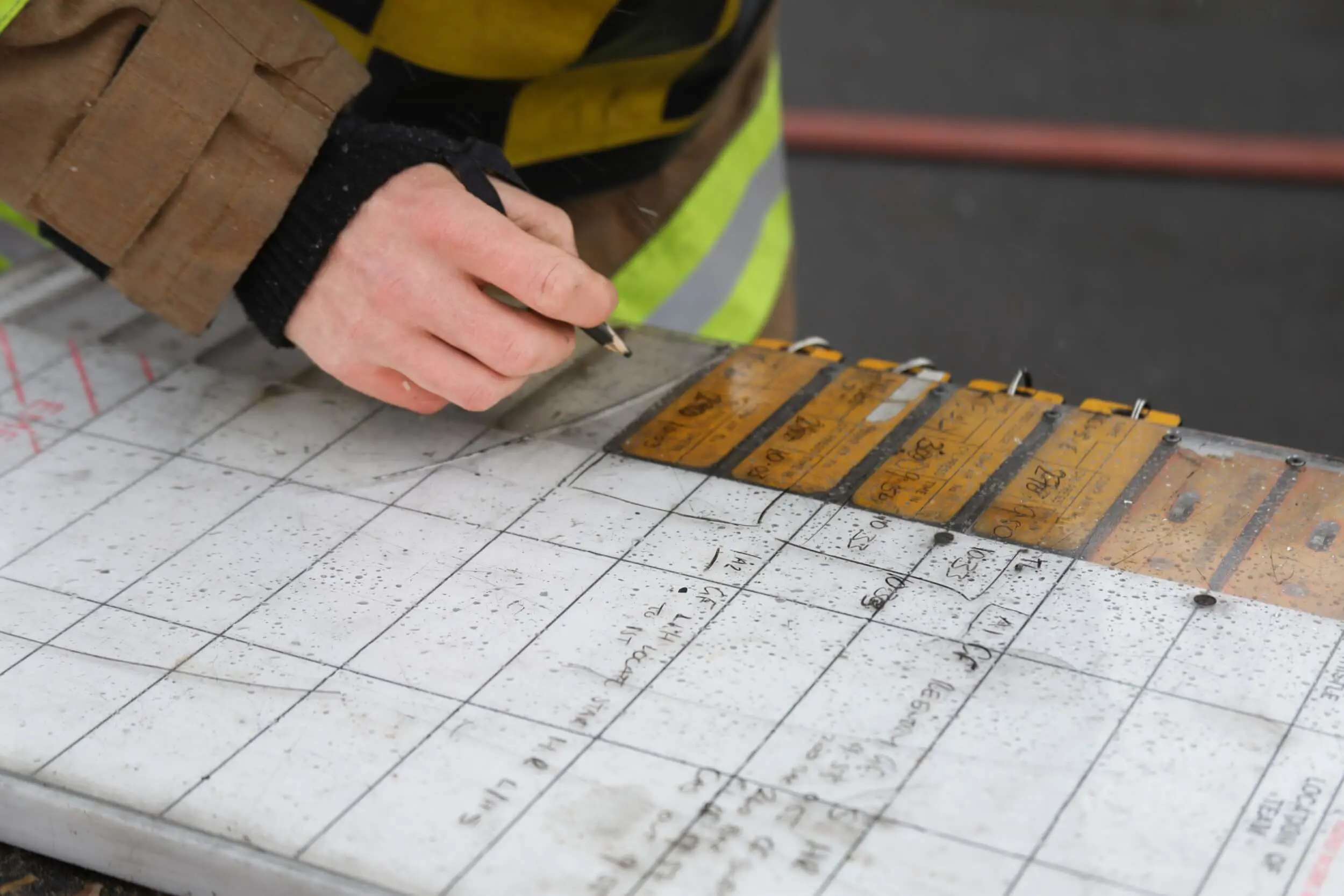Enquire now
For further information or to make a booking on this course please contact the Business Development Team on 01608 812984 or complete the enquiry form below:
 Fire Service College
Fire Service College
This unique multi-agency training course has been developed in partnership with The National Fire Chiefs Council (NFCC), National Ambulance Resilience Unit (NARU) and the National Police Chiefs Council (NPCC) to improve co-operation, communication and understanding amongst the emergency services and other agencies on matters of organisational capacity, capabilities and command.
Working to the relevant National Occupation Standards the aim of the course is to give the learner the skills to improve inter-agency planning, operational preparedness and response to CBRN(e), conventional terrorism, Marauding Terrorist Attacks, major incidents, complex police led incidents and serious public disorder.

On successful completion of the programme delegates will be able to:

Delegates need to be security vetted to a minimum level of SC before being allowed to attend the course and should be incident commanders / managers experienced at operating within a multi-agency environment and resolving complex critical incidents.
The course is explicitly constructed to expose students to the UK's leading experts in terrorism and their organisational roles and responsibilities and capacities and capabilities to respond. Students will be given the opportunity to develop a common understanding of the relationships, planning and collective response to various terrorist and other malicious attacks, natural hazards, major accidents and other non-malicious attacks.

The delegate is assessed against NOS through a pre-course learning assignment, reflective sessions, simulation exercises and by final written exam. On successful completion of the course, certificates will be awarded by the Fire Service College.
The course is underpinned by National Occupational Standards:
For further information or to make a booking on this course please contact the Business Development Team on 01608 812984 or complete the enquiry form below:

Speak to a member of our team
01608 650 831